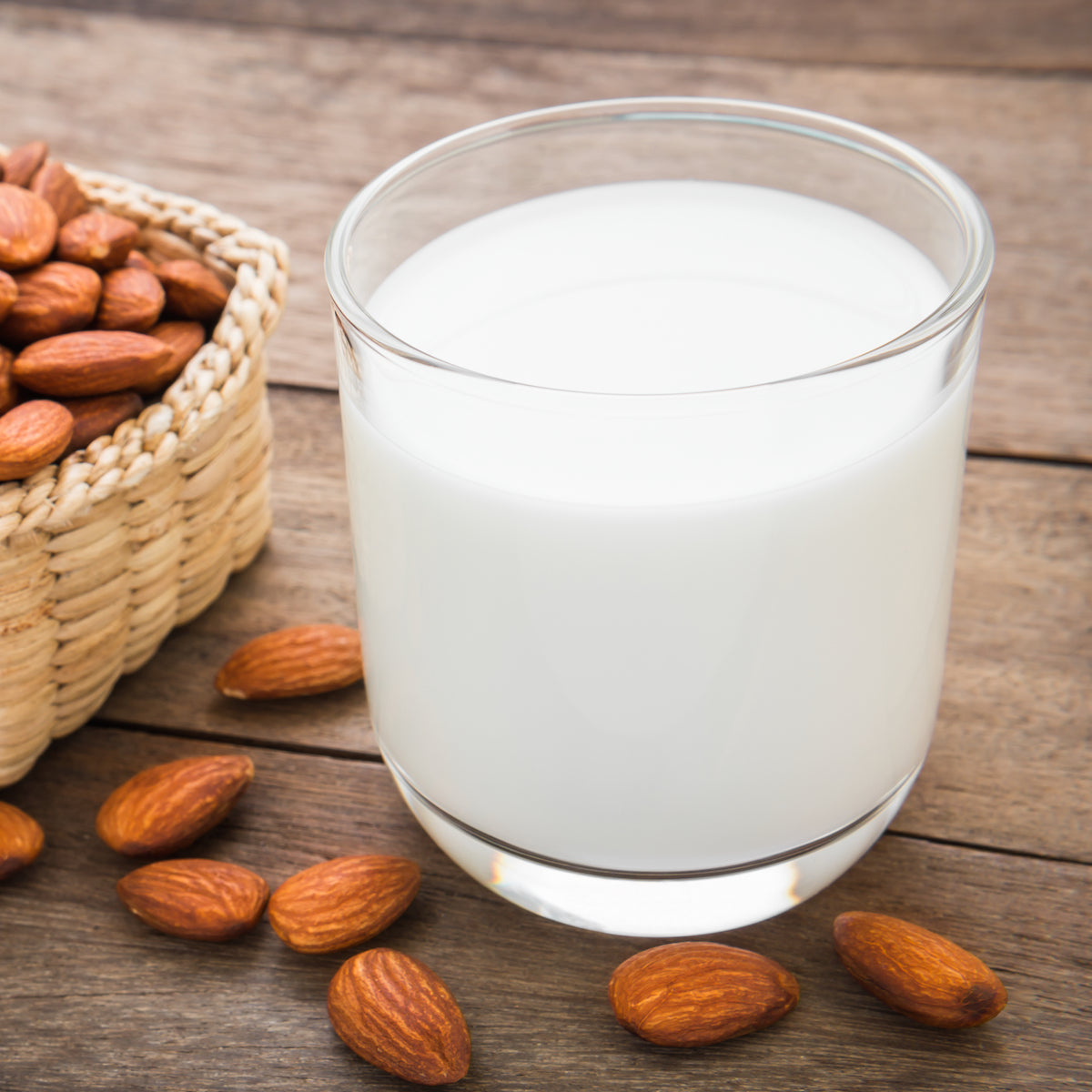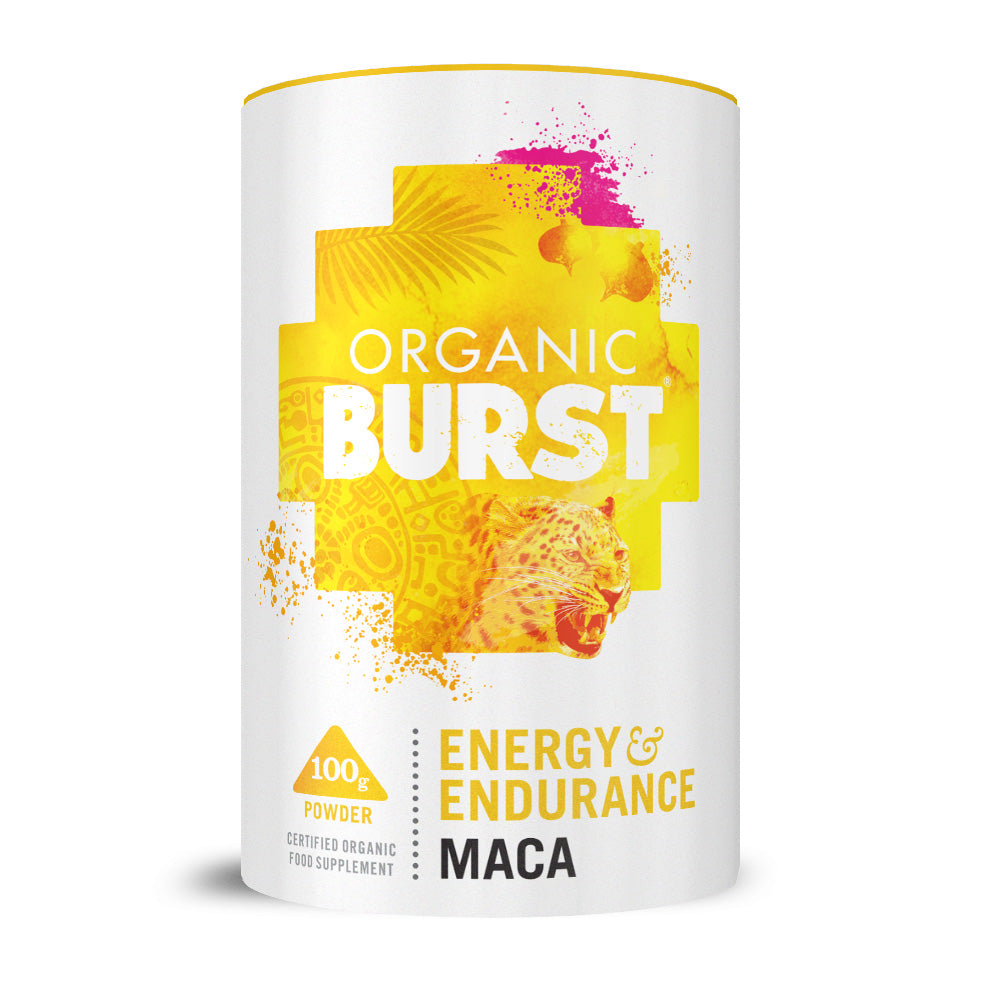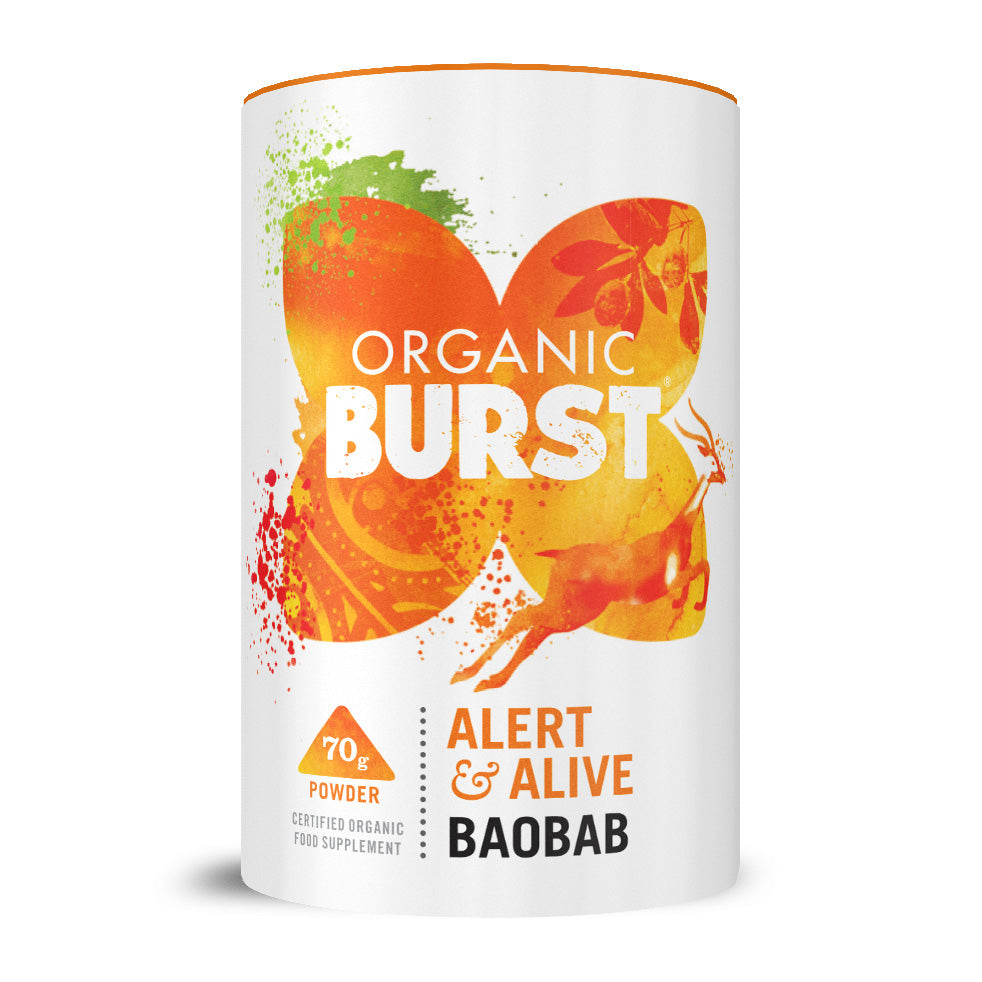Fire on all cylinders with the right levels of calcium in your body to support your brain, muscles and nerves – it’s not just about bones!

WHY YOU NEED CALCIUM
Calcium is an essential nutrient for many processes, tissues and cells in your body, which is probably why it’s one of the more famous minerals!
The main functions of calcium are in the following areas:
SOURCES OF CALCIUM
WHAT ABOUT MILK?
You’ll probably have grown up being told to get your calcium from milk to keep your teeth and bones strong. But milk isn’t necessarily the best source because it triggers sensitivities, is highly processed (unless you go for organic, grass-fed unpasteurised) and by weight is higher in calories, but without the fibre and array of important co-factor nutrients found in other sources.
HOW TO ABSORB CALCIUM BETTER
Calcium and other minerals can be poorly absorbed in the body, especially if your digestion is not 100% or if you have low stomach acid.
BALANCE WITH OTHER MINERALS
As with any nutrient or food, you can become deficient, but also too much can be a problem; symptoms of high levels of calcium include kidney stones, gallstones and osteoporosis (yes the weakening of your bones)! These symptoms are only likely to occur if you’re not balancing your calcium with other vital minerals that help your body utilise it properly.
THINK TWICE BEFORE TAKING A CALCIUM TABLET
Calcium is one of the most popular nutritional supplements, with children and adults often encouraged to take a calcium tablet. However, taking a high dose of isolated calcium isn’t necessarily a good idea:
Remember, it’s not about glugging 3 glasses of milk a day, or popping a tablet! To keep your calcium levels healthy, keep the balance with other minerals and focus on a whole food diet!
- Learn how your body uses calcium
- Find out the best way to get calcium in your diet
- Get the right balance between calcium and other minerals
- Discover why high dose calcium could be a bad idea

WHY YOU NEED CALCIUM
Calcium is an essential nutrient for many processes, tissues and cells in your body, which is probably why it’s one of the more famous minerals!
The main functions of calcium are in the following areas:
- Bones and teeth
- Heart
- Nerves
- Muscle cells
- Blood clotting
- Firing signals between neurones in your brain
- Releasing neurotransmitters
- Immune system
- Hormone production
SOURCES OF CALCIUM
- Dark green leafy vegetables – spinach, swiss chard, watercress
- Cruciferous vegetables – broccoli, cauliflower, Organic Burst Maca
- Fermented soy - miso, tempeh, natto
- Beans - especially sprouted (try sprouting your own mung beans)
- Nuts - almonds and Brazils especially
- Seeds - particularly Organic Burst Chia, sesame and flax
WHAT ABOUT MILK?
You’ll probably have grown up being told to get your calcium from milk to keep your teeth and bones strong. But milk isn’t necessarily the best source because it triggers sensitivities, is highly processed (unless you go for organic, grass-fed unpasteurised) and by weight is higher in calories, but without the fibre and array of important co-factor nutrients found in other sources.
HOW TO ABSORB CALCIUM BETTER
Calcium and other minerals can be poorly absorbed in the body, especially if your digestion is not 100% or if you have low stomach acid.
- Eat calcium-rich foods instead of trying to boost your levels with an isolated nutrient in a tablet – isolates are very poorly absorbed (more on this below).
- Make sure your stomach acid is adequate – if you often feel uncomfortable immediately after eating protein, it could possibly be low. You can give it a helping hand by nibbling on a bitter rocket salad with some lemon juice or taking a teaspoon of apple cider vinegar just before eating a meal.
- Eat plenty of fermented foods to help balance your gut bacteria for more effective absorption of calcium.
- Healthy gut bacteria is also vital for the production of Vitamin K2, which helps calcium do its job (more on this below).
- Try 1tsp or x4 tablets Organic Burst Chlorella to help balance your gut bacteria.
- Avoid grains like wheat, barley, rye that are high in phytates when improving your calcium levels, because these plant compounds block absorption.
- Avoid fizzy drinks and refined foods (like white bread, pasta, ready meals, sweets and commercial chocolate) that can disrupt the balance of acid in the body (stomach acid is different because it stays where it is needed!). Your bones will leach out calcium to counteract the disruption caused by processed food and fizzy drinks.
BALANCE WITH OTHER MINERALS
As with any nutrient or food, you can become deficient, but also too much can be a problem; symptoms of high levels of calcium include kidney stones, gallstones and osteoporosis (yes the weakening of your bones)! These symptoms are only likely to occur if you’re not balancing your calcium with other vital minerals that help your body utilise it properly.
- Calcium needs to be balanced with potassium, otherwise levels could get too high. Eat more potassium-containing foods – this means lots of vegetables and fruit.
- Vitamin D is essential to the proper use of calcium in the body, so make sure you get out in the sunshine for at least 20 mins a day. On holiday, make sure you expose your skin to the sun for 15 mins before you apply sun protection – this way you’ll produce Vitamin D without burning. For more information on Vitamin D check the Vitamin D Council website.
- Magnesium should always be balanced with calcium intake, it aids absorption, but also prevents calcium becoming too high. If you’re getting your calcium from whole foods, like nuts and seeds then you should naturally be absorbing a good balance of minerals. Try taking 2tsp Organic Burst Baobab in a glass of water each day as it naturally contains calcium, magnesium and potassium.
- Himalayan salt is an interesting way to balance your mineral intake because it contains an incredible array of 88 different minerals – not just the isolated compounds that don’t even get absorbed fully. Use this excellent quality to season your meals.
- Vitamin K2 (mentioned above) is a fat soluble vitamin found in eggs, butter, and fermented soya, but it is mainly made in the body by our gut bacteria! Vitamin K2 is incredibly important for healthy utilisation of calcium because it pulls calcium into the bones where it’s needed and prevents it from being deposited in the blood vessels and soft tissues (such as kidneys).
THINK TWICE BEFORE TAKING A CALCIUM TABLET
Calcium is one of the most popular nutritional supplements, with children and adults often encouraged to take a calcium tablet. However, taking a high dose of isolated calcium isn’t necessarily a good idea:
- Our bones are made from over a dozen different minerals, so supplementing just one could reduce your absorption of the others, actually negatively impacting the bones.
- Most calcium tablets are made with calcium carbonate, which is the main component of rocks and chalk. Unsurprisingly, it is not easily absorbed.
- There is evidence that calcium tablets can cause calcium to be deposited in the arteries, causing them to harden.
- If you still feel that you need a calcium tablet, only choose one that also contains Vitamin K2, Vitamin D and magnesium. The calcium itself should be from a plant source (red marine algae is sometimes used) for better nourishment.
Remember, it’s not about glugging 3 glasses of milk a day, or popping a tablet! To keep your calcium levels healthy, keep the balance with other minerals and focus on a whole food diet!







